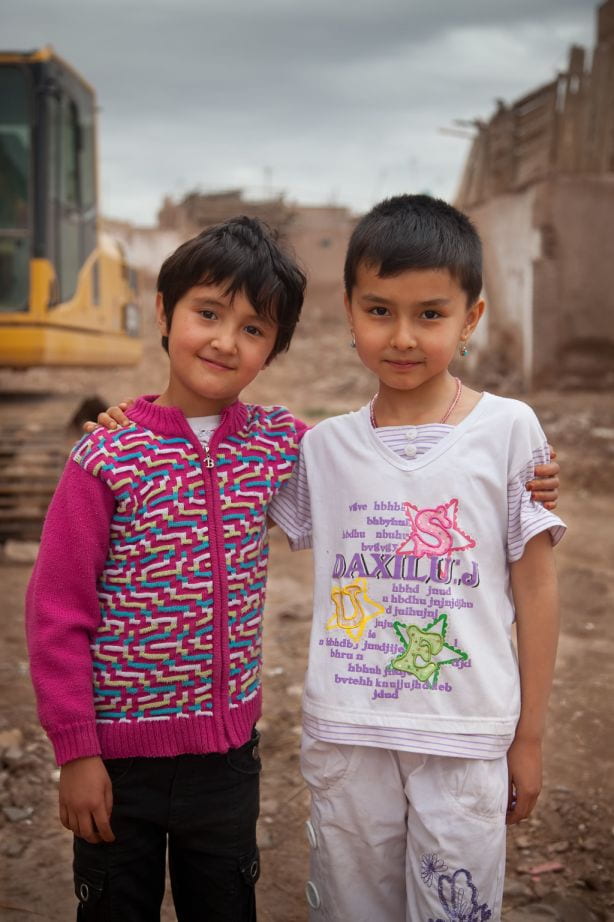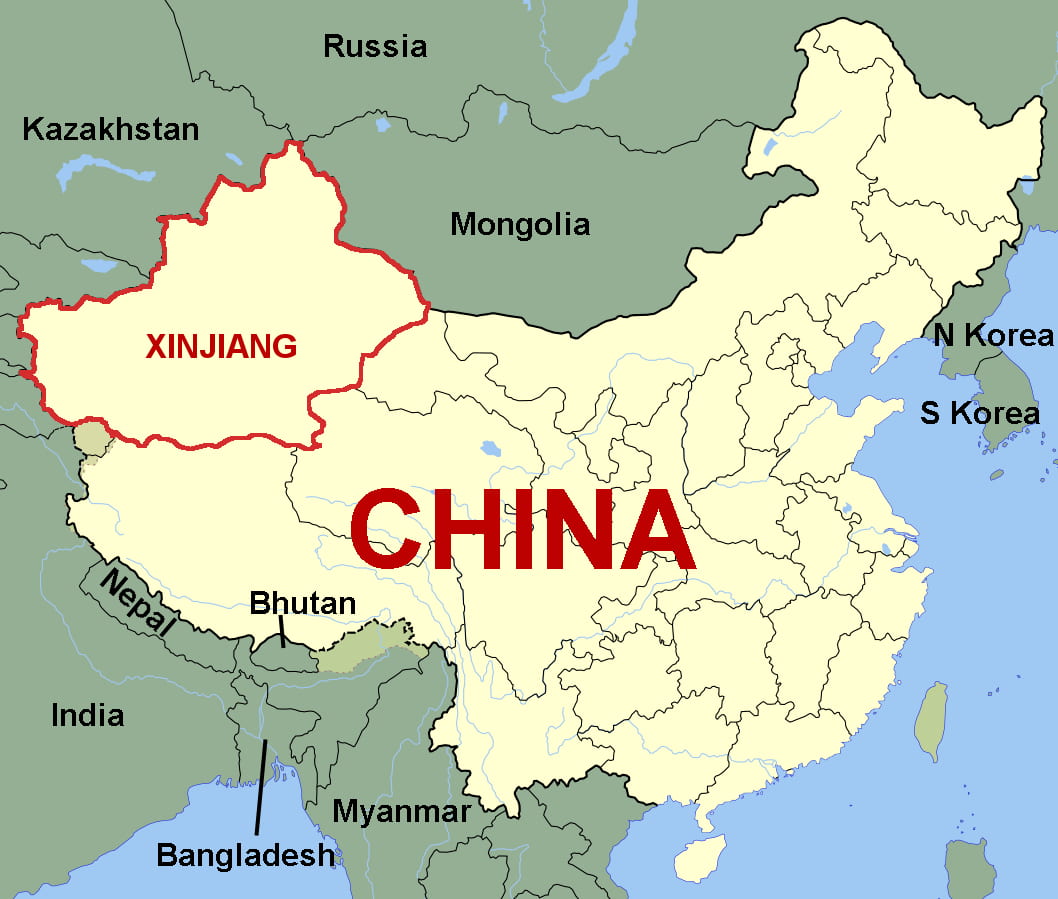For decades, China has seen consistent economic growth, to the point where it is now the second largest economy in world. Many Chinese citizens have been able to escape poverty, but China has failed to incorporate a number of individuals into its economic developments. In the country’s pursuit of economic distinctiveness, the country has operated with a lack of regard for the maintenance of basic human rights. In the past few years, China has been under the watch of various international bodies such as Amnesty International and Human Rights Watch regarding its human rights conduct specifically with regard to its Uighur population. These concerns have been especially prevalent in recent months as the world has seen the rapid spread of the novel coronavirus otherwise known as, COVID-19.
The first COVID-19 cases were reported in late December in Wuhan city, in the Hubei province of China but it was only announced as a pandemic by the World Health Organization on March 11. As the number of cases increased, the Chinese government placed the Hubei province, along with other regions of the country under complete or partial lockdown. Many cases of COVID-19 have been reported in the Xinjiang province, but little information about this region can be accessed due to a media blackout. It happens that Xinjiang is where most of China’s Uighur population resides. However, the Xinjiang province in North-West China remains one of the most vulnerable regions, as it is actively ignored in terms of the wellbeing of its inhabitants.

Snapshot of two Uighur children by Mike Moss
In 2014, the BBC revealed that the Chinese government had initiated a mass persecution and detention of the Uighur minority in Xinjiang in April 2013. The Uighurs act as an ethnically, culturally, religiously, and economically independent group in China, where the majority of population is ethnically Han Chinese. Religiously, the Uighurs adhere to Islam, while ethnically, they are more comparable to that of Turkish customs and traditions. This has caused strong linguistic, cultural, and religious divisions between the Uighurs and Han Chinese.
Economically, this group is reliant on agriculture, which is a difficult sector to maintain in China’s ever-growing technological economy. The Uighurs are indigenous to Xinjiang, which was annexed to China in 1949, since then, the Uighurs and Han Chinese governments have rarely been able to cooperate. These tensions have fueled separatist movements in the form of protests, riots, murders and bombings. Such events have given the Chinese government reason to implement “vocational training camps”, also known as “political re-education camps”, or more bluntly, concentration camps.

These camps were established in favour of the government’s campaign of the “people’s war on terror”, but the international community more commonly refers to this as an attempt at cleansing an ethnic and religious minority. In these camps, approximately one million Uighurs, Kazakhs and other groups that adhere to Islam are subjected to “intense political indoctrination and abuse”. These cases are supported under the goal to encourage “students to truly transform” as individuals who are compliant with the Chinese communist regime. This is achieved by forcing detainees to speak remedial Mandarin, sing patriotic songs, and study the doctrine of Chinese communism. Although organizations such as Amnesty International, Human Rights Watch, and the United Nations actively confront China regarding this issue, the government refuses to share the political motives behind these camps.
This situation has brought about worldwide concern especially concerning the wellbeing of Xinjiang inhabitants amid the COVID-19 pandemic. For one, Xinjiang was placed under quarantine with little advance notice, meaning that many people had no time for preparation upon being confined to their homes for an indefinite length of time. As a result, many people have seen a shortage of essential supplies such as food and medicine. Under these conditions, there are reports that many Xinjiang families are starving. There also lies the issue of the Uighur vocational camps. These camps are widespread and typically hold a large number of persecuted Uighurs, meaning that they could be ideal areas for fast transmission of COVID-19. Despite this reality, concerns of the outbreak’s potential effect on the Uighur population are dismissed by the Chinese government and labelled as misinformative and attempts by the West to tarnish the policies established by China.
The circumstances that China’s Muslim population, specifically in Xinjiang, have been placed under have raised numerous concerns regarding religious and ethnic persecution, livelihood, health crises, and general human rights. Unfortunately, during a global pandemic, the seriousness of this issue is likely to grow if it remains ignored by Chinese officials and the international community. With this in mind, solutions to this situation must be found. To start, in the event of a similar situation, marginalized regions in China should not be left out of the communication of emergency response protocols. This will ensure that the mental and physical consequences that people experience while under quarantine are significantly reduced.
In the long run, it is imperative that China incorporate ways to sustain economic growth, while allowing individuality of political, social, and religious doctrines among citizens. To elaborate, much of China’s economic pursuits have been technologically based and largely designed to work in favour of the more technically qualified Han population. In turn, marginalized communities, such as the Uighurs are left out of job opportunities and resentment has continued to grow between groups. In this case, equal opportunity for education and jobs for China’s population would be an ideal way level the playing ground. That being said, there need to be efforts made between Chinese officials, and the Uighur community in terms of resolving ethnic and political differences.
However, this would require overcoming the obstacles posed by ethnic and religious tensions between the Chinese government and the Uighur minority. Unless this is tackled, there is little that can be done to improve the situation. With this in mind, the global community plays a crucial role in initiating changes in the way that states and governments operate. The persecution of Uighurs in the wake of specifically COVID-19 has pushed various organizations, governments, and institutions such as Amnesty International and Human Rights Watch to make strides in informing the public.

Taelor Reid is a third-year International Development student with an emphasis in Political Economy and Administrative Change. She is interested in the application of human rights through the political and economic influences in East Asia, and South and Central America. Taelor hopes to pursue a career in foreign policy analysis.

